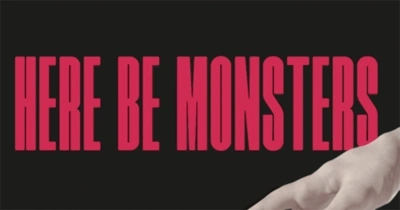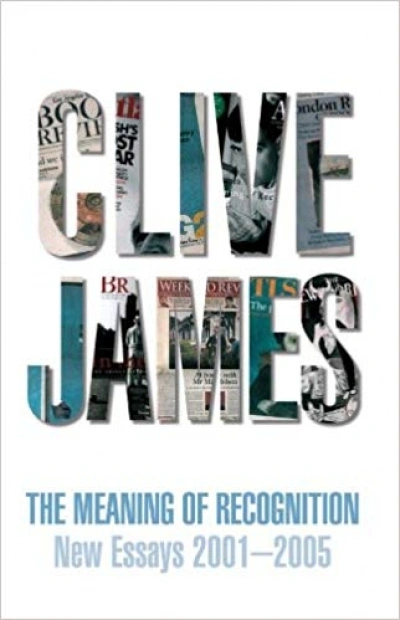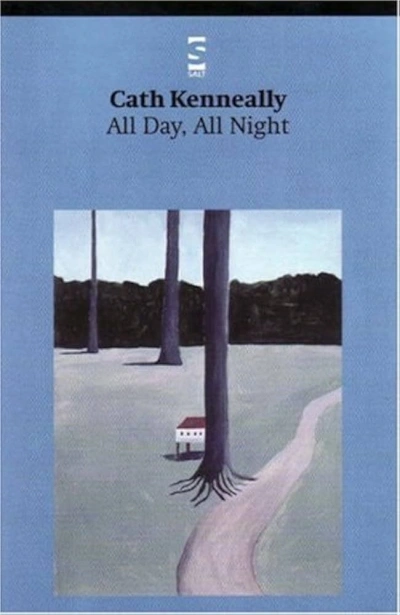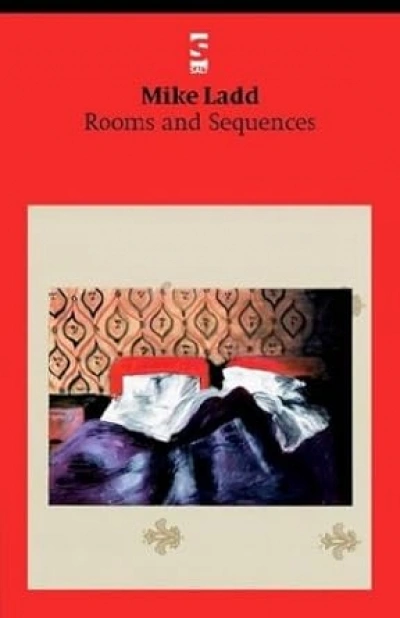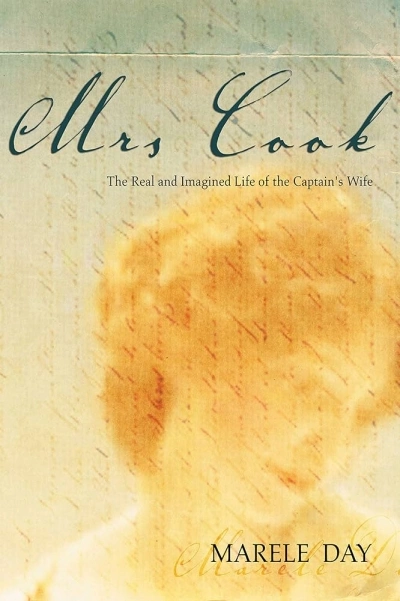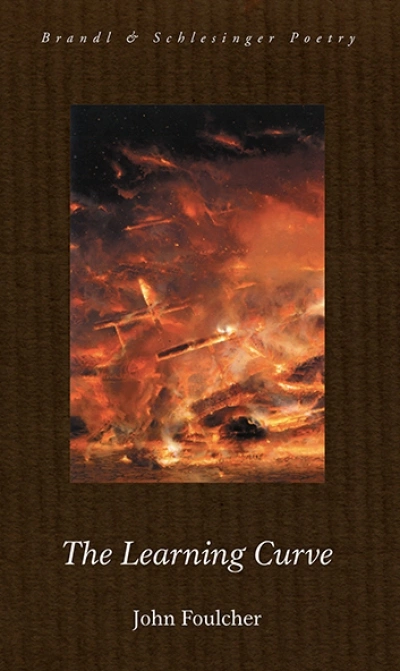Richard King
Here Be Monsters: Is technology reducing our humanity? by Richard King
The Meaning of Recognition: New Essays 2001–2005 by Clive James
A Cold Touch by Lawrence Bourke & All Day, All Night by Cath Kenneally
The Indigo Book of Modern Australian Sonnets edited by Geoff Page
John Foulcher’s The Learning Curve is a sequence of poems set in a fictional school called Saint Joseph’s. The ancient chestnut in which a mother’s attempts to get her son off to school are met with a lot of sulking about the pointlessness of the work and the nastiness of the children – to which she responds that as the school’s headmaster he really has to go – feels peculiarly appropriate: neither the students nor the teachers particularly want to be there. Using mainly dramatic monologues, Foulcher paints a depressing picture of a school where professional disappointments, an inept and religion-infested staff, and a general air of mutual loathing combine to produce what amounts to a psychological tragedy (with some physical tragedies thrown in for good measure). Sometimes it’s as if Joyce Grenfell’s scripts tenderly mocking English schoolmistresses have been violently revised by a Writer in Residence at the proverbial School of Hard Knocks.
... (read more)

